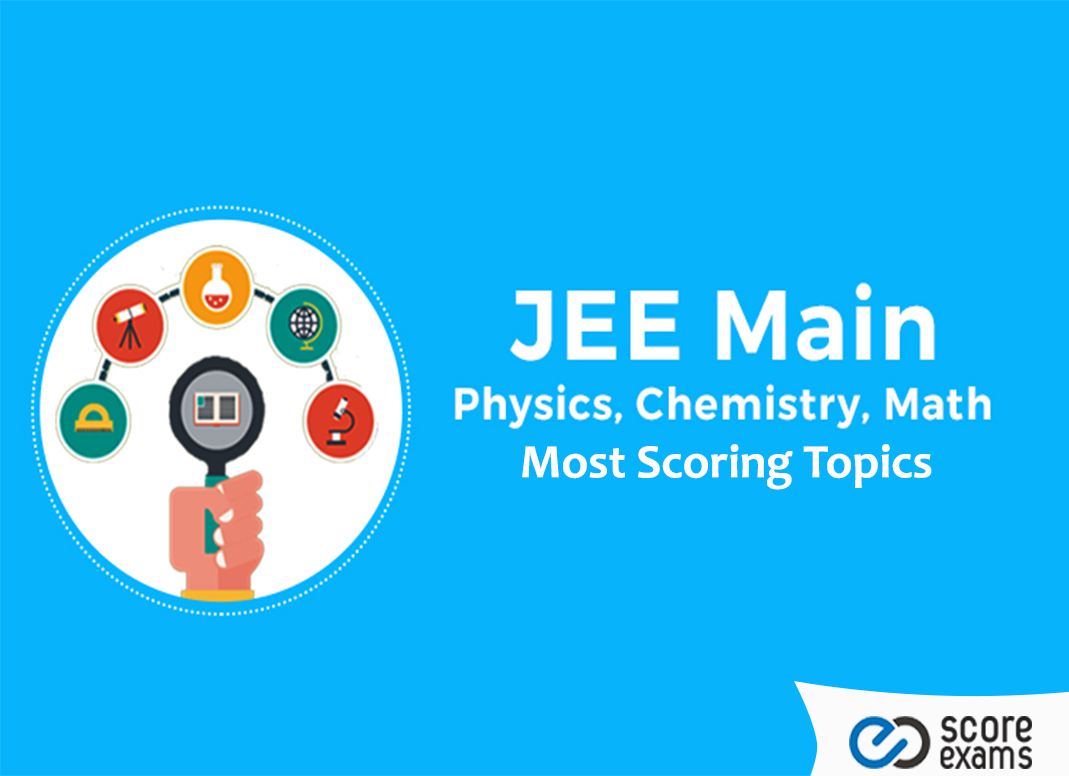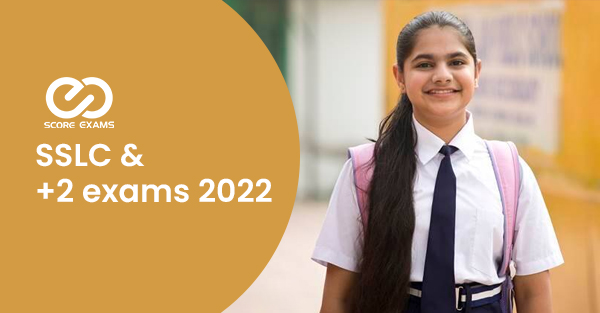
Most scoring topics in JEE
The Smarter you prepare, the Better you can score in the exam
Maths
Start with the theory and the formulas.
Understand the applications and types of question in which they are used.
Solve the unsolved questions from NCERT.
Lastly, solve questions from additional reference books or your coaching's study material.
Take mock tests and solve previous years' papers to evaluate yourself.
Most scoring topics
- Integration
- Probability and Statistics
- Circles and Family of Circles
- 3-D Geometry
- Sequences and Series and Complex Numbers
Physics
Physics can be very theory oriented and laborious. You need to try and grasp the basic concepts first.
For eg: a strain gauge will change its output on pressure but it is also sensitive to temperature.
Understand the working and its effects like, a rolling body will always be overcoming the limiting friction.
Such facts will improve your basics.
After you complete the theory, answer the questions from standard books like NCERT or H.C Verma for better understanding.Practice a lot of mock tests and previous years' question papers.
Most scoring topics
- Current Electricity
- Ray Optics
- Electrostatics
- Wave Optics
- Work, Energy and Power
- Center of Mass
- Momentum
Chemistry
Be very familiar with the periodic table, as it will not only help you to score easily but will also improve your basic concepts about each group of elements.
Pay special attention to the special properties and applications as sometimes straight questions can be easily bagged.
Most questions will just test your presence of mind and your ability to evaluate the information provided.
Organic and inorganic chemistry is important go through the special characteristics and their atomic structure.
NCERT is very important for JEE chemistry section. Make sure you understand every question and its answer.
Practice mock tests and previous years' papers to evaluate yourself better.
Most scoring topics
- General Organic Chemistry ?
- Alcohols
- Phenols and Ethers
- Coordination Chemistry
- P-Block Elements
- Thermodynamics
- Mole Concept
Do's and Don'ts of JEE preparation.
Previous PostHow to attempt a JEE paper?
Next Post





